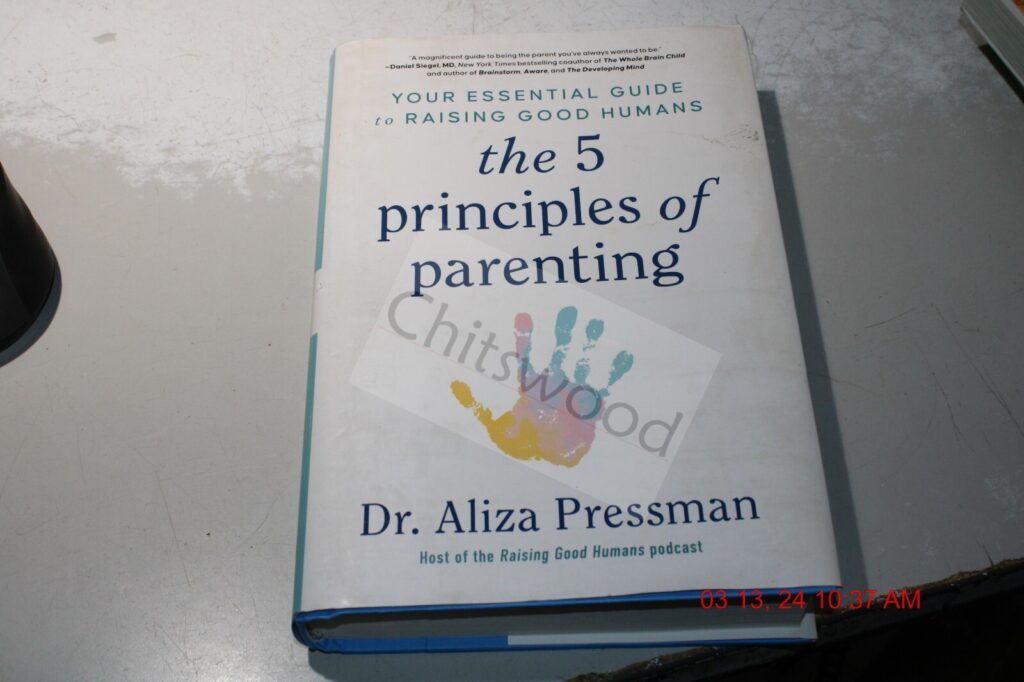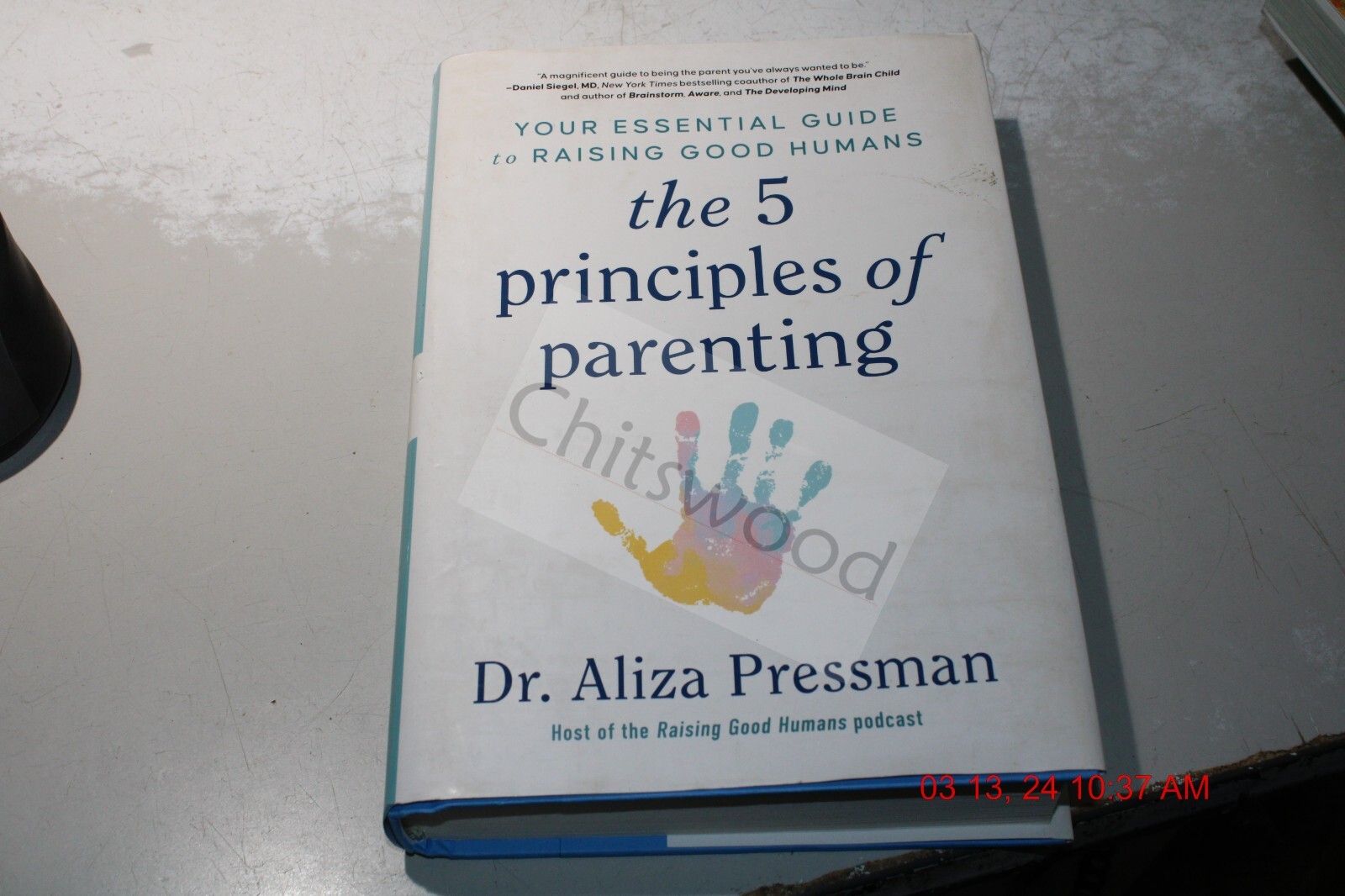
Navigating Parenthood: The Five Guiding Principles for Raising Confident and Compassionate Children
Parenthood is often described as the most rewarding, yet challenging, journey one can undertake. It’s a complex tapestry woven with love, patience, and a constant need for adaptation. While there’s no single “right” way to raise a child, certain principles, when consistently applied, can serve as a compass, guiding parents through the inevitable storms and celebrating the sunshine along the way. This article delves into five fundamental principles of parenting that can help cultivate confident, compassionate, and well-adjusted individuals.
Principle One: Secure Attachment and Responsive Caregiving
At the heart of healthy child development lies secure attachment. This refers to the emotional bond between a child and their primary caregiver, usually the parent. A secure attachment is formed when parents consistently provide responsive care, meaning they are attuned to their child’s needs, both physical and emotional. This involves promptly addressing cries, offering comfort during distress, and creating a safe and predictable environment.
Responsive caregiving isn’t about perfection; it’s about being present and available. It’s about acknowledging a child’s feelings, even when they are difficult to manage. By consistently meeting their child’s needs, parents create a foundation of trust and security. This secure base allows children to explore the world with confidence, knowing they have a safe haven to return to when needed. The principles of parenting emphasize this as foundational.
Research consistently shows that children with secure attachments are more likely to have better social skills, higher self-esteem, and greater emotional resilience. They are also better equipped to form healthy relationships throughout their lives. Neglecting a child’s needs or responding inconsistently can lead to insecure attachment, which can manifest in various challenges, including anxiety, difficulty forming relationships, and behavioral problems. [See also: Understanding Attachment Styles in Children]
Principle Two: Positive Discipline and Guidance
Discipline isn’t about punishment; it’s about teaching. Positive discipline focuses on guiding children towards appropriate behavior through clear expectations, consistent consequences, and positive reinforcement. This approach emphasizes understanding the reasons behind a child’s behavior and addressing the underlying needs.
Instead of resorting to harsh punishments, positive discipline encourages parents to use techniques such as time-outs, logical consequences, and problem-solving. It also involves teaching children about empathy, responsibility, and respect for others. Consistency is key. Children thrive on predictability, and knowing what to expect helps them feel secure and understand the boundaries. The principles of parenting around discipline are crucial for development.
When setting boundaries, it’s important to explain the reasons behind them in a way that children can understand. For example, instead of simply saying “Don’t run in the house,” explain that running inside can be dangerous and could lead to someone getting hurt. By providing context, parents help children internalize the rules and develop a sense of responsibility. Remember, the goal is not to control the child, but to guide them towards self-regulation. Another of the core principles of parenting.
Principle Three: Fostering Independence and Autonomy
From a young age, children crave independence. Allowing them to make age-appropriate choices and take on responsibilities helps them develop a sense of autonomy and self-efficacy. This doesn’t mean letting children do whatever they want; it means providing opportunities for them to practice decision-making skills within safe and supportive boundaries.
Encourage children to participate in household chores, such as setting the table or tidying up their toys. Give them choices about what to wear, what to eat (within healthy parameters), and how to spend their free time. When they make mistakes, resist the urge to immediately fix them. Instead, guide them through the problem-solving process and help them learn from their errors. One of the overlooked principles of parenting revolves around fostering independence.
Over-parenting, or helicopter parenting, can stifle a child’s sense of independence and hinder their ability to develop essential life skills. While it’s natural to want to protect your child from harm, it’s important to allow them to experience challenges and learn from their own mistakes. By fostering independence, parents empower their children to become confident, capable, and resilient individuals. [See also: The Impact of Helicopter Parenting on Child Development]
Principle Four: Modeling Positive Behavior and Values
Children learn by observing the adults around them. Parents are their children’s first and most important role models. Therefore, it’s crucial to model the behaviors and values you want your children to adopt. This includes demonstrating kindness, empathy, honesty, respect, and responsibility in your own actions.
If you want your children to be respectful, treat others with respect. If you want them to be honest, be honest yourself. If you want them to be resilient, show them how you cope with challenges and setbacks. Children are incredibly perceptive, and they will quickly pick up on any discrepancies between what you say and what you do. The principles of parenting emphasize the importance of modeling behavior.
It’s also important to be mindful of the language you use and the messages you convey. Avoid negative self-talk and criticism, and focus on promoting a positive and optimistic outlook. By modeling positive behavior and values, parents can create a nurturing and supportive environment that fosters their children’s growth and development.
Principle Five: Prioritizing Self-Care and Seeking Support
Parenting is demanding, both physically and emotionally. It’s essential for parents to prioritize their own well-being and seek support when needed. This includes taking care of their physical health through proper nutrition, exercise, and sleep. It also involves managing stress through relaxation techniques, hobbies, and social connections.
Parents who are constantly stressed and overwhelmed are less likely to be able to provide the responsive and nurturing care their children need. Taking time for self-care is not selfish; it’s essential for effective parenting. It allows parents to recharge their batteries and approach their responsibilities with renewed energy and patience. Ignoring self-care is a detriment to the other principles of parenting.
Don’t hesitate to reach out to family, friends, or professionals for support when you’re struggling. Joining a parenting group, seeking therapy, or simply talking to a trusted friend can provide valuable emotional support and practical advice. Remember, you don’t have to do it all alone. Many resources are available to help parents navigate the challenges of raising children. Understanding these principles of parenting and seeking support will make the journey more fulfilling.
Conclusion: Embracing the Journey
Parenting is a journey, not a destination. There will be ups and downs, challenges and triumphs. By embracing these five principles of parenting – secure attachment, positive discipline, fostering independence, modeling positive behavior, and prioritizing self-care – parents can create a nurturing and supportive environment that helps their children thrive. Remember to be patient, be present, and most importantly, be loving. The rewards of raising confident, compassionate, and well-adjusted children are immeasurable. The application of these principles of parenting lays the groundwork for a brighter future for both parent and child.

